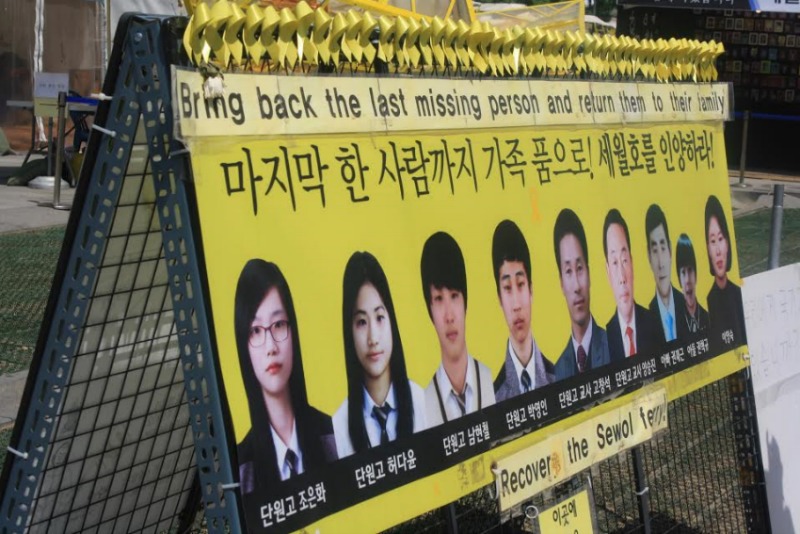
This is part one of a seven part series.
The meeting room of the softball clubhouse at West Texas A&M University is adorned with all kinds of photographs. These 8 x 10 frozen memories have captured everything from dramatic home runs to strike outs and even pitchers, frozen in time, delivering their pitches to a batter who is, hopefully, less than ideal. Regardless of what they contain, they all have a picture of an athlete in a supreme state of focus, when their true skill shines.
On the east wall, next to the white board where strategies have been drawn out time and again for all manner of opponents, is a horizontal shot. In the picture is a 5’ 9” woman with long brown hair put back into a pony tail. She is crouched near to the ground, glove on her left hand, ready to field a ground ball that is hit her direction. Her uniform is a black and gray style of camouflage, in honor of the military that was being honored at this particular game.
Staring at the picture a little longer, one first wonders if she made the play. If, when the ball got to her, she made the throw to first base and got the runner out. But upon further inspection, the thought changes from if she made the play to when. The change in consciousness occurs when the observer meets this woman’s eyes. Her blue eyes, bright as they may be, scream determination and focus. It is in this moment when the observer knows why this picture is hanging on the wall. Not only is it a good, well composed picture, but the fire burning behind the eyes tell the whole story.
Her name is Mercedes Garcia.
Mercedes grew up as just another kid from Tucson, Arizona: two older brothers, her father is Mike and her mother Marchelle, who always tries to put others before herself. Mercedes, however, gets irritated easily, a sharp contrast to the calm demeanor of her mother and brothers.
To help her out, her father and mother put a glove on Mercedes hand and a softball in her palm when she was five, just to get her out of the house. She never looked back, falling in love with the sport. Though she played soccer at the same time as softball, her time on the diamond was what she looked forward to the most.
“I don’t know what I’d do without it,” said Mercedes. “It’s weird when you go a day without practice or playing or anything. It’s the only thing I know.”
Leaving high school, Mercedes made the decision to play softball for Pima Community College in Tucson after her dad talked her in to it. She already knew many of the players there, seeing as she went to high school with many of them.
Pima was also the first time she had experimented with second base. The coaches for the Aztecs found that Mercedes and really hit the ball and so they just stuck her in the lineup because they needed a bat.
In May 2010, Mercedes’ mother, Marchelle, had a mole that started. bothering her. She decided to get it checked out. The result was one that would change the life of Mercedes forever.
Marchelle sat Mercedes and her brothers down and told them the news they didn’t want to hear: Marchelle had skin cancer, melanoma. Mercedes was devastated. Not only did the word cancer horrify her, but it was particularly scary because her grandmother, Marchelle’s mother, had passed away shortly before the family found out about the news. Marchelle’s mother died of cancer and now she had it. For her,that was the scariest part. She saw the pain that her mother was in and that scared her.
The doctors decided to remove the mole and a lymph node. They operated and she received a skin graft following the procedure. When Mercedes showed up after the surgery, her mother asked “How are you?” Marchelle didn’t allow her daughter to ask her how she was after the surgery. She wasn’t concerned about herself.
“It was kind of hard because I went from my mom being absolutely healthy to finally having to see her in pain,” Mercedes said “For me, I ran away.”
Marchelle couldn’t walk for some time on account of the graft. Mercedes had her own apartment in Tucson and saw her mother everyday, but couldn’t handle seeing the pain the cancer caused her.
After the procedure, the doctors declared that Mercedes mother was cancer-free. All was right in the world.
Until December 2010.
The doctors found out that Marchelle was not cancer-free after all. In fact it had come back and this time she was updated to Stage IV, the highest rating that could be given.
It was one of the only days Mercedes ever saw her mother cry and for Mercedes crying had become a daily routine for the rest of the week.
It wasn’t until Mercedes started softball practice at Pima the next week that she started to see changes. Marchelle’s hair fell out. Seeing her mom without her long hair was a stab in the heart of Mercedes. Marchelle wore wraps and hats to help cover it up. The treatments made her weight shift dramatically. Still, it was very important for Marchelle not to break in front of her children, to stay strong in the face of her own mortality.
“She never complained at all,” said Mercedes. “You would think, maybe, but never ever.”
Want to read the rest of the series? Click the links below!







